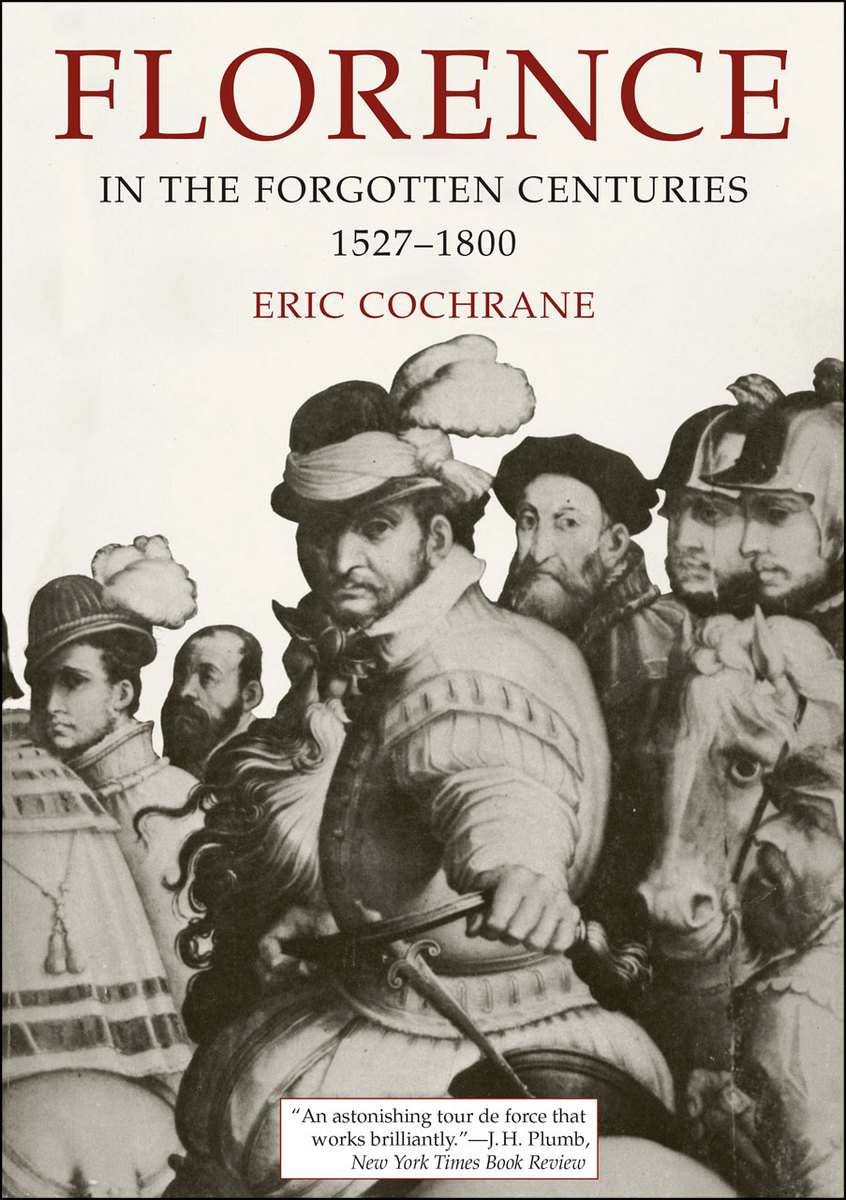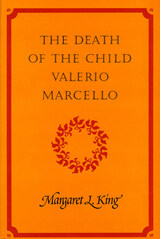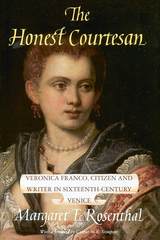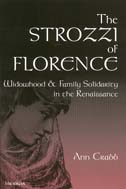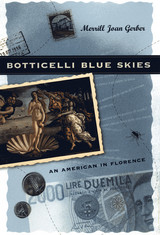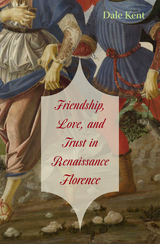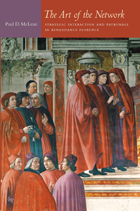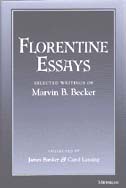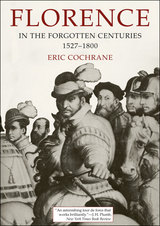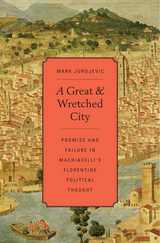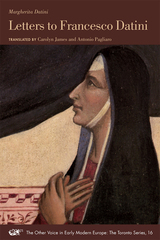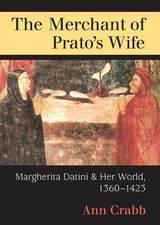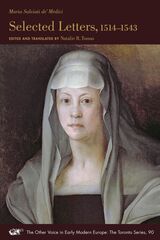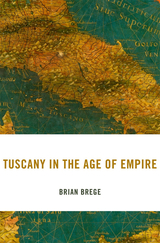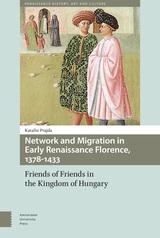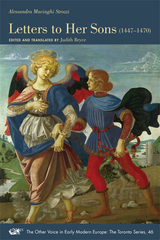Florence in the Forgotten Centuries, 1527-1800: A History of Florence and the Florentines in the Age of the Grand Dukes
University of Chicago Press, 1976
Cloth: 978-0-226-11150-6 | Paper: 978-0-226-11151-3 | eISBN: 978-0-226-11595-5
Library of Congress Classification DG736.C55
Dewey Decimal Classification 945.5107
Cloth: 978-0-226-11150-6 | Paper: 978-0-226-11151-3 | eISBN: 978-0-226-11595-5
Library of Congress Classification DG736.C55
Dewey Decimal Classification 945.5107
ABOUT THIS BOOK | AUTHOR BIOGRAPHY | REVIEWS | TOC | REQUEST ACCESSIBLE FILE
ABOUT THIS BOOK
The city of Florence has long been admired as the home of the brilliant artistic and literary achievement of the early Renaissance. But most histories of Florence go no further than the first decades of the sixteenth century. They thus give the impression that Florentine culture suddenly died with the generation of Leonardo, Machiavelli, and Andrea del Sarto.
Eric Cochrane shows that the Florentines maintained their creativity long after they had lost their position as the cultural leaders of Europe. When their political philosophy and historiography ran dry, they turned to the practical problems of civil administration. When their artists finally yielded to outside influence, they turned to music and the natural sciences. Even during the darkest days of the great economic depression of the late seventeenth and early eighteenth centuries, they succeeded in preserving—almost alone in Europe—the blessings of external peace and domestic tranquility.
Eric Cochrane shows that the Florentines maintained their creativity long after they had lost their position as the cultural leaders of Europe. When their political philosophy and historiography ran dry, they turned to the practical problems of civil administration. When their artists finally yielded to outside influence, they turned to music and the natural sciences. Even during the darkest days of the great economic depression of the late seventeenth and early eighteenth centuries, they succeeded in preserving—almost alone in Europe—the blessings of external peace and domestic tranquility.
See other books on: 16th Century | 17th Century | 18th Century | Florence | Florence (Italy)
See other titles from University of Chicago Press
